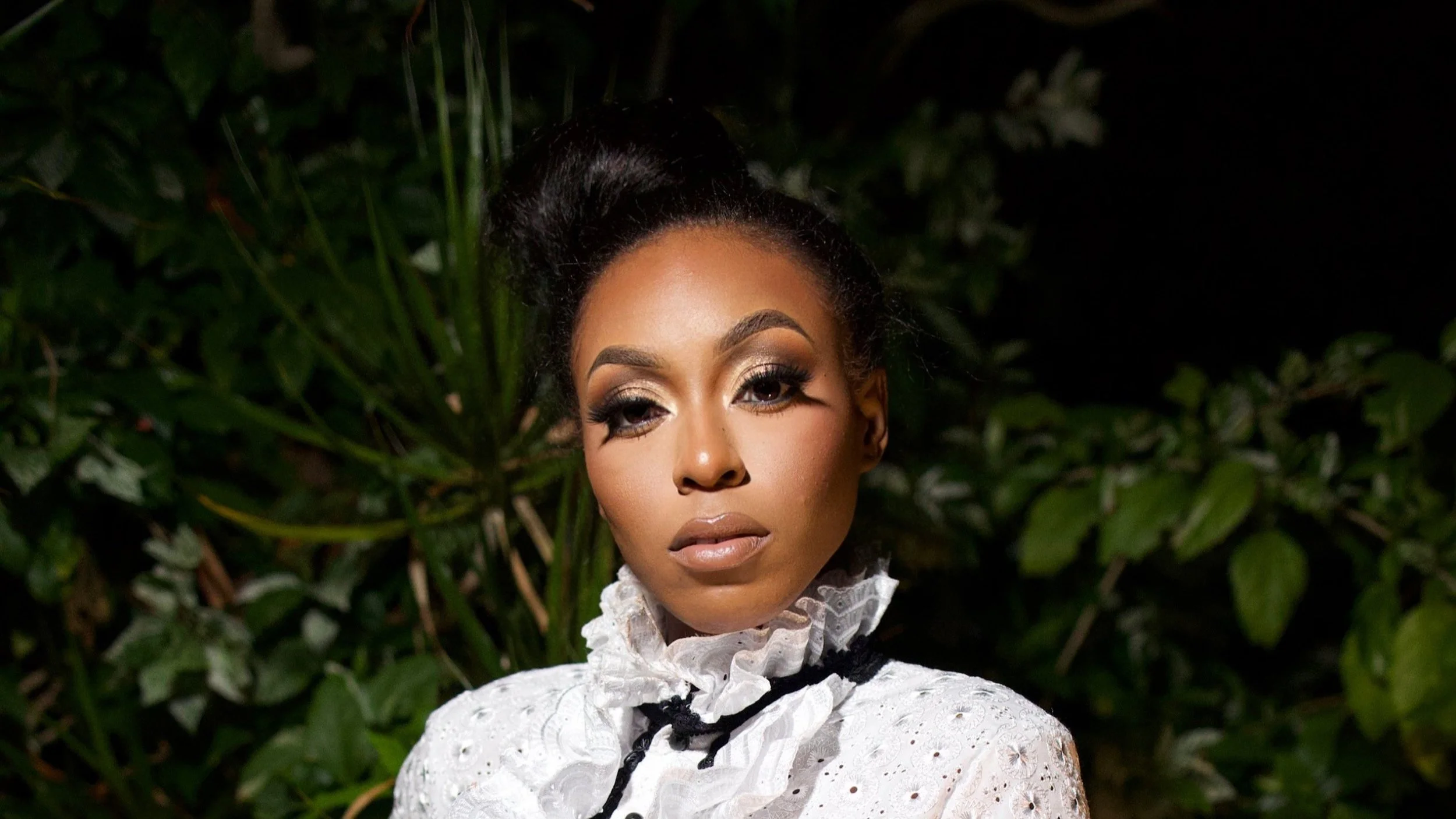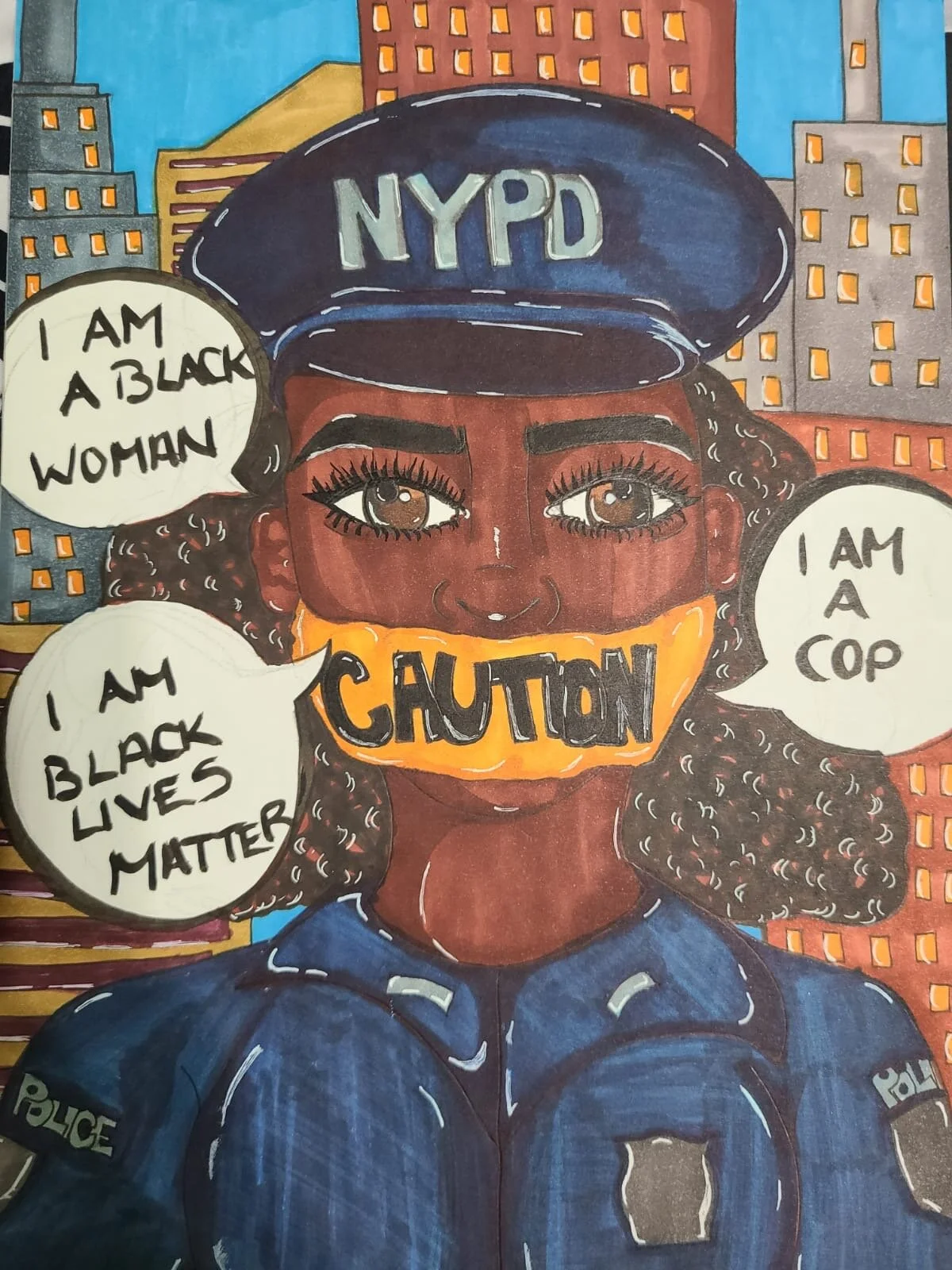Remembering Justice Ruth Bader Ginsburg : Feminist. Titan. Icon.
Photo credit: Rob Crandall | Shutterstock.com
written by Cassy
Justice Ruth Bader Ginsburg, the second woman to serve on the Supreme Court and an incomparable force for women’s rights died on Friday, September 18, 2020 at her home in Washington D.C. She was 87 years young. Justice Ginsburg died due to severe complications from metastatic cancer of the pancreas.
During her 27 years on the bench, she headed the fight for gender equality, LGBGTQ+ rights, access to healthcare, immigration justice, and so much more. She was progressive and always ahead of her time. Ginsburg was one of the first nine women to attend Harvard Law School and consistently witnessed discriminatory behavior toward women during her academic career. At 5’1” and soft-spoken, she was demure and yet sharp-tongued. Her trailblazing record and bluntness earned her a rock-star like status amongst millennials and Gen Zers. In 2012, Glamour Magazine honored Ginsburg with the Lifetime Achievement Award at its annual Woman of the Year ceremony. She’s inspired the youth in America to combat adversity and defy discrimination at every turn.
[Additional Read: Jamaican Powerhouses: Pat McGrath & Naomi Campbell]
In June 1993, President Bill Clinton nominated the 60-year-old judge. While her acquaintance with her conservative colleagues made feminist leaders anxious, Justice Ginsburg was occasionally characterized as the Thurgood Marshall of the women’s rights movement. Her tenure as litigator and director of the Women’s Rights Project of the American Civil Liberties Union during the 1970s qualified her for the role. This characterization aroused through her ability to persuade her all-male Supreme Court colleagues to recognize the constitutional barrier against discrimination on the basis of sex, similar to a young Thurgood Marshall who built the case against racial segregation.
Before she was a Justice of the highest court of the land, she was on the other side of the bench arguing that the guarantee of equal protection, protected by the 14 Amendment, applied not only to racial discrimination but to sex discrimination as well. In order to do so, Ginsburg had to find court cases that highlighted “the differences in treatment of men and women in legal contexts that are burdensome to women,” she explained in a 1988 speech. In Idaho, there was a law giving men preference over women to be chosen as administer of estates, defended by the state’s belief that men are more familiar with the world of business (Reed v. Reed, 1971) which she successfully challenged. Ginsburg also challenged the belief that men could not be a dependent spouse. In military regulation, husbands of women in the military were denied some benefits to which wives of male soldiers were entitled to, (Frontiero v. Richardson, 1973). In 1976, the Craig V. Boren case, she worked on but did not actually argue adopted the ruling that official distinctions based on sex were subject to “heightened scrutiny” from the courts. Thus, the Oklahoma law that required girls to buy beer at age 18 but required boys to wait until they were 21 years old was struck down. She fought tirelessly as a lawyer for the betterment of women in the country.
As a Supreme Court Justice, she announced the court’s majority opinion in the 1996 discrimination case involving the Virginia Military Institute (V.M.I.) in Lexington. With a 7 to 1 vote, the court found the all-male admissions policy of a state-supported military college was unconstitutional. The state of Virginia argued that the method of teaching at V.M.I. was physically challenging and thus ill-suited for young women. At the behest of legal pressures, the school established a less rigorous alternative military college for women. However, Justice Ginsburg believed this was not enough. She argued that the state of Virginia failed to create the “exceedingly persuasive justification” that the Constitution required for treating men and women differently. In 1996, when the court revealed its 7 to 1, voting on the case Justice Ginsburg made clear that the Constitution did not advocate for the ignorance of all differences between the sexes. However, these differences must not “create or perpetuate the legal, social and economic inferiority of women. In August 2018, Justice Ginsburg made her first visit to the Virginia Military Institute for the first time, addressing the corps of cadets which included close to 200 women in a student body of 1,700.
Justice Ginsburg was very particular about her opinions --those for the majority as well as those in dissent. She kept her opinions to herself, but her dissents, especially those she proclaimed from the bench received widespread attention. She would switch her collar to decorative collars with her judicial robe, on days when she would announce a dissent. Upon Donald Trump’s election, she wore her dissenting collar. Her innate timidity evaporated once she had a job to do. Even though she spoke gently, the impact she made on women’s rights was a roar.
"We should not be held back from pursuing our full talents, from contributing what we could contribute to the society, because we fit into a certain mold ― because we belong to a group that historically has been the object of discrimination."
She became a role model. In true icon fashion she was the focus of a documentary, a biopic, and operetta. Her “Notorious RBG” moniker featured on the cover of Time Magazine and her regular Saturday Night Live cemented her status as an almost Warhol-like pop icon amongst young people.
Justice Ginsburg’s last request was “My most fervent wish is that I will not be replaced until a new president is installed”, she told her granddaughter Clara Spera. There is precedent for this, in 2016 when President Obama was about to leave office and Mr. Trump was to take up the presidency, Republicans in the Senate created a principle that they would not fill an open seat in the Supreme Court before a new president was sworn in.
We really do not know the future of the bench and if President Trump would be able to have his nominee appointed to the bench before he leaves office. What we do know is that we have lost a Justice who fought endlessly for women to have a better life until her final breath. Justice Ginsburg is survived by her two children, four grandchildren and one great-grandchild. A private interment service will be held at Arlington National Cemetery.











